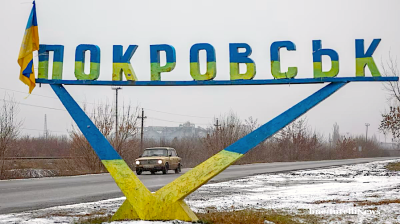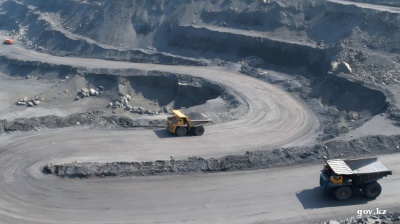European Commission President Ursula von der Leyen announced plans on September 14 for a sweeping windfall tax on all producers of non-gas-derived power, estimating that the measure would raise some €140bn ($140bn) in funding to counter the impact of Europe’s energy crisis on consumers.
In the annual state of the union address, von der Leyen said the Commission was proposing a levy on producers of all electricity other than that generated from burning gas. This includes renewable energy producers and coal-fired power stations.
“These companies are making revenues they never accounted for, they never even dreamt of,” von der Leyen said. “In our social market economy, profits are good. But in these times it is wrong to receive extraordinary record profits benefiting from war and on the back of consumers. In these times, profits must be shared and channelled to those who need it most.”
Under the windfall tax plan, companies would be required to hand over their excess profits over a cap of €180/MWh. But member states would have the freedom to impose even lower caps themselves. The states are due to convene again on September 30 to discuss the matter further.
Separately, the Commission wants to impose a separate measure on oil, gas and coal companies, with von der Leyen justifying such a move by describing the current situation as a “fossil fuel crisis.” Brussels is also working on what it described as a comprehensive reform of energy markets to decouple the link between gas and power prices.
The Commission shared little details of its thinking on a proposed price cap on Russian, and potentially all gas imports, in order to bring down soaring wholesale prices on the market. EU energy ministers met last week for emergency talks on the proposal, but it is understood that there was disagreement on the scope of the plan. Some member states want to see it applied only to Russian gas, but others have warned that Moscow would retaliate by cutting off gas flow altogether. Others want it extended to all gas imports, including those from Norway and LNG supplies from the likes of the US and Qatar.
The question of Norway
Norway has stepped up gas supply to Europe in the wake of Russia’s steep cuts to flow in recent months, with the country on track to produce more than 122bn cubic metres of gas, all for export, this year, up from 113 bcm in 2021. That means Norway is now a considerably larger supplier of gas to the continent than Russia. It has grown its exports by pumping extra gas from fields at the expense of their production life and sending supplies that would have normally been reinjected into reservoirs to boost oil recovery. It has also been adding butane, pentane and ethane to its gas to boost its calorific value – or the amount of energy it represents, in other words.
The Norwegian government has repeatedly insisted it does not agree with the gas price cap proposal. However, the country’s prime minister, Jonas Gahr Store, has said he will meet with gas companies on September 15 to discuss the prospect of negotiating longer-length supply contracts in order to stabilise prices and provide greater security to European buyers.
Norway sells the overwhelming majority of its gas supply at short-term, hub-based prices, making it one of the greatest beneficiaries financially of the spike in wholesale gas prices in Europe over the past year.
What next?
Whether or not the EU’s proposals will be finalised in time to make an impact this winter is an important question. There still appears to be a lack of consensus among member states on the various measures, and it will take time for them to iron out these differences and reach a compromise. But capping prices would help avoid energy utilities from collapsing into bankruptcy – a fate narrowly avoided by Uniper when the German government provided the company with the biggest corporate bailout in the country’s history. It could also tackle inflation, and shield end-users from some of the impact of higher energy costs, reducing the risk of social unrest this winter.
News

Russia test fires its Burevestnik nuclear-powered cruise missile
Russia’s Burevestnik nuclear-powered cruise missile has no analogues in the world, Russian President Vladimir Putin said, as the Kremlin escalates the unfolding missile arms race with Ukraine another notch.

Russia claims to surround Pokrovsk
Russia’s chief of the general staff Valery Gerasimov triumphantly reported to Putin that 31 Ukrainian battalions have been encircled in Pokrovsk and 18 battalions in Kupyansk, the hottest spot in the war.
.jpg)
Brazil and US to start urgent tariff negotiations after Trump-Lula meeting
Brazilian President Luiz Inácio Lula da Silva and US President Donald Trump have agreed to start immediate negotiations on tariffs and sanctions imposed by Washington, following a meeting in Malaysia that sought to ease trade tensions.

Cambodia and Thailand agree peace deal
Thailand and Cambodia have agreed a peace deal to mark the end of a conflict earlier in the year as Cambodian Prime Minister Hun Manet and Thai Prime Minister Anutin Charnvirakul attended a signing ceremony overseen by US President Donald Trump.




